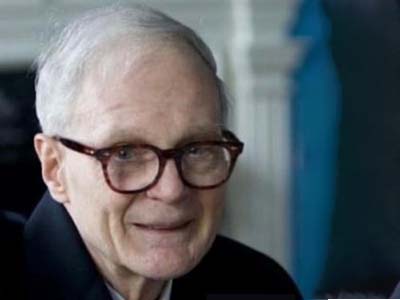 With heavy hearts, the UAB Division of Cardiothoracic Surgery shares the death of Richard (Dick) B. Shepard, emeritus professor, on February 5, 2022.
With heavy hearts, the UAB Division of Cardiothoracic Surgery shares the death of Richard (Dick) B. Shepard, emeritus professor, on February 5, 2022.
Dr. Shepard was born on May 9, 1926 in Birmingham. He entered service in the U.S. Army before finishing college. Among other assignments, Dr. Shepard was an engineer for the Manhattan Project Special Engineering Detachment, which led to radiation exposure at the Bikini Atoll testing site.
Dr. Shepard’s post-discharge education included an undergraduate degree in Physics from Penn State University in 1949 and an MD from the University of Pennsylvania in 1953. In 1955, Richard married Winyss Renee Acton, his wife for 57 years until her death in 2012.
Dr. Shepard completed his training in General Surgery prior to moving to Birmingham in 1960 for residency in Cardiothoracic Surgery under Dr. Champ Lyons. Dr. Shepard joined the faculty at the University of Alabama at Birmingham and remained on staff until his retirement. He served under Division Directors Drs. John Kirklin, Albert Pacifico and James Kirklin.
Dr. Shepard’s clinical expertise was the management of cardiac rhythm disorders with pacemakers and internal cardioverter defibrillators (ICDs). He contributed to the understanding of arrhythmias in children with congenital heart defects and achieved outstanding outcomes during the early era of ICDs, when they were placed via thoracotomy incisions. He was kind and compassionate to his patients and their families.
Dr. Shepard’s background in mathematics and engineering served him well in his many research pursuits. These included a computer-based system to monitor electrocardiograms of outpatients via telephone and studies of pulsatile versus non-pulsatile flow during cardiopulmonary bypass.
Dr. Shepard’s analysis of energy transfer by pulsatile flow remains an important and relevant contribution (Shepard et al.; Energy Equivalent Pressure. Archives of Surgery 93:730-740, 1966). He reviewed proposals for the National Aeronautics and Space Administration to select experiments for outer space missions and collaborated with engineers domestically and internationally to understand pacemaker interference from external magnetic fields.
Upon his retirement from clinical practice in 1996, Dr. Shepard was named an emeritus professor– a high honor–at UAB. He continued his active pursuit of research, publication, and learning for many years. Dr. Shepard was a regular attendee at conferences including Cardiology Arrhythmia Conference where he generously shared his experience in the management of rhythm disorders.
Dr. Shepard is survived by his daughter Winyss Elizabeth Shepard, son Richard Kesniel Shepard (Christina), daughter Karen Acton Shepard, four grandchildren, as well as three sisters-in-law and many nieces, nephews and cousins.